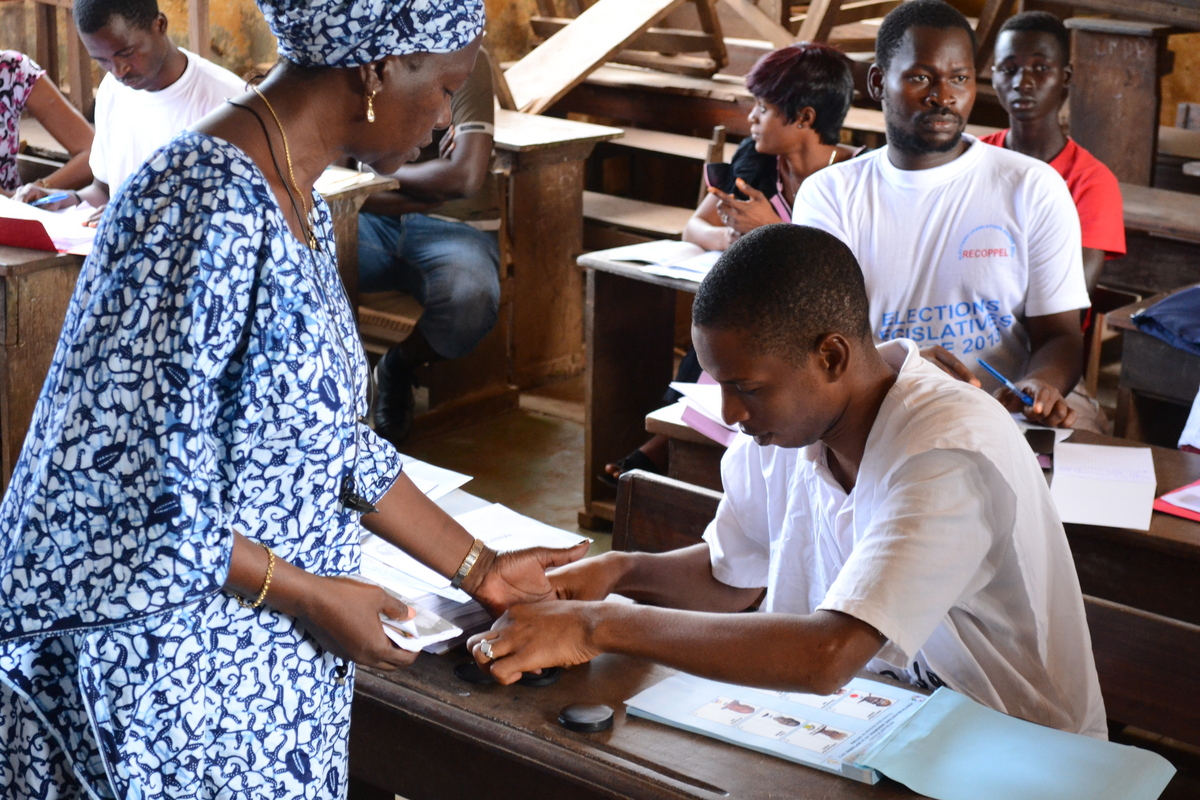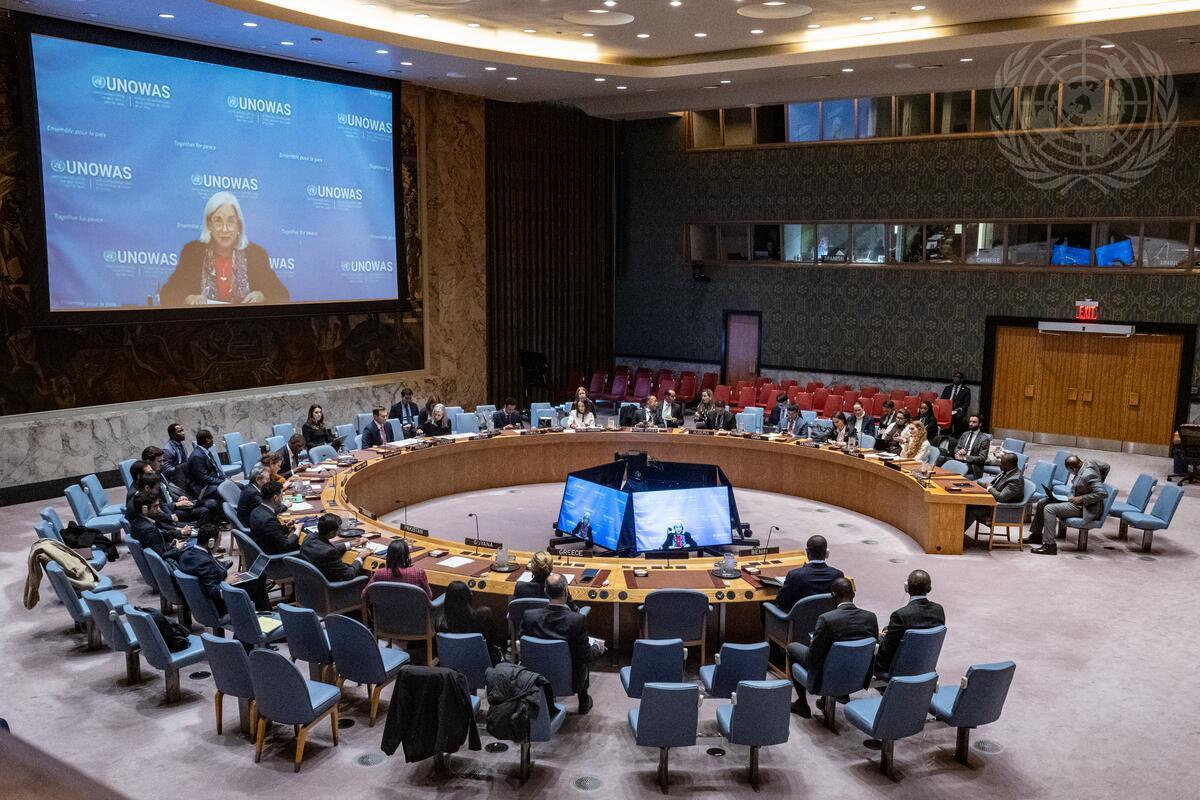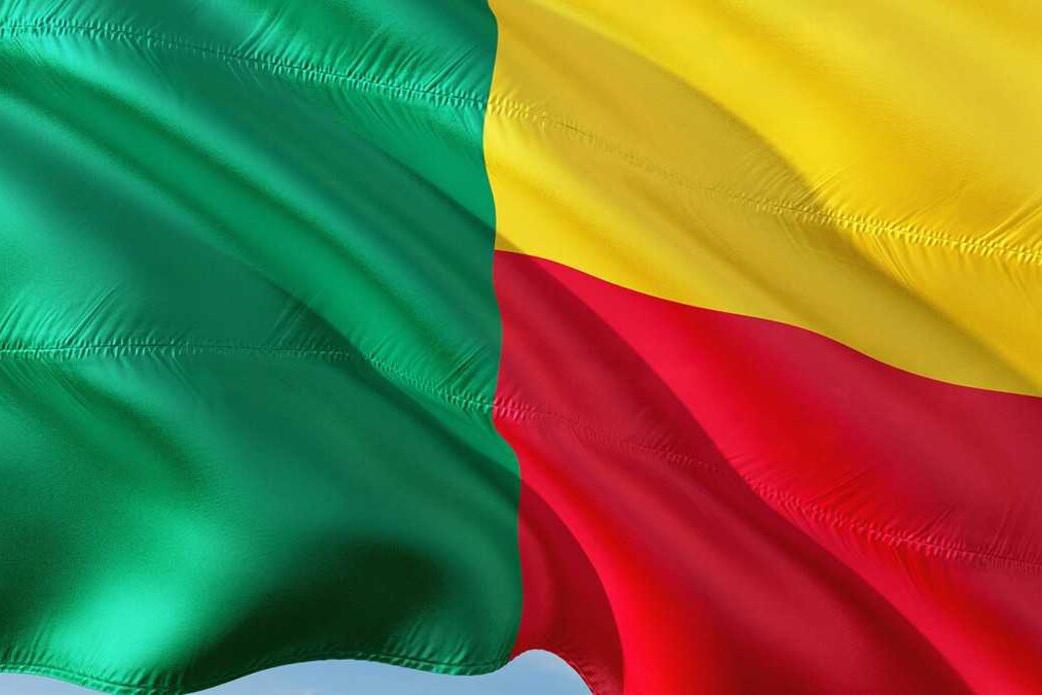L’ONU joue un rôle important dans l’organisation de diverses élections dans le monde. Simon-Pierre Nanitelamio est, depuis le mois de février 2017, le Directeur adjoint de la Division de l’Assistance Electorale (DAE/EAD) du Département des Affaires Politiques (DAP/DPA) de l’Organisation des Nations Unies. Dans cet entretien, M. Nanitelamio explique comment et sous quelles formes l’ONU apporte son soutien aux Etats membres organisant des élections. Entretien.
Quel est le rôle de la Division de l’Assistance électorale des Nations Unies (DAE) ?
La DAE a été mise en place en 1992 avec l’objectif d’assurer la cohérence et la convergence nécessaires de l’assistance électorale offerte par le système des Nations Unies sur le terrain. La Division s’emploie à assurer la cohérence des activités relatives au traitement des demandes d’assistance électorale formulées par les États membres; assurer avec tout le soin voulu la coordination et l’examen des demandes d’assistance électorale et transmettre celles-ci au bureau compétent ou au programme approprié; mettre à profit l’expérience déjà acquise pour créer une mémoire institutionnelle; tenir à jour une base de données d’experts internationaux capables de fournir une assistance technique; et enfin maintenir le contact et développer des partenariats avec les organisations régionales et autres entités intergouvernementales afin d’établir des arrangements de travail appropriés avec elles.
Concrètement, comment un pays peut-il bénéficier de l’assistance des NU? Y a-t-il des conditions ?
Avant que l’ONU n’apporte une assistance électorale quelconque à un Etat Membre, il faut que deux conditions soient remplies: premièrement, cette assistance doit reposer entièrement soit sur un mandat du Conseil de sécurité ou de l’Assemblée générale, soit sur une demande officielle émanant du pays ou du territoire; et, deuxièmement, une évaluation des besoins doit être faite par le Secrétaire général adjoint en charge du Département des affaires politiques, qui est mandatairement le Point focal de l’ensemble du système des Nations Unies pour les questions électorales, en consultation avec les entités intéressées de l’ONU.
La volonté du peuple, exprimée par des élections périodiques et honnêtes, est le fondement de l’autorité des pouvoirs publics.
Quelles sont les différentes structures des Nations Unies qui interviennent dans le domaine de l’assistance électorale?
L’assistance électorale fournie par l’ONU est le fruit de la mobilisation de l’ensemble de son système qui s’appuie sur les connaissances spécialisées et capacités complémentaires de nombreux membres de la famille des Nations Unies. Il s’agit notamment des organes suivants : le Département des affaires politiques (DAP/DPA), le Département des opérations de maintien de la paix (DOMP/DPKO), le Programme des Nations Unies pour le développement (PNUD/UNDP), le Haut-Commissariat des Nations Unies aux droits de l’homme (HCDH/OHCHR), les Volontaires des Nations Unies (VNU/UNV), le Bureau des Nations Unies pour les Services d’appui aux projets (UNOPS), l’Organisation des Nations Unies pour l’éducation, la science et la culture (UNESCO), l’Entité des Nations Unies pour l’égalité des sexes et l’autonomisation des femmes (ONU-Femmes/UN Women) et l’Organisation internationale pour les migrations (OIM).
Le recours de nombreux pays à l’assistance des Nations Unies pour l’organisation des élections est croissant. Quelles sont les évolutions majeures qui ont marqué cette assistance?
Nonobstant le fait que l’assistance électorale de l’ONU a effectivement évolué au fil des ans pour s’adapter aux mutations subies par les besoins et la situation de ses États Membres, elle continue de reposer sur le principe établi dans la Déclaration universelle des droits de l’homme, selon lequel la volonté du peuple, exprimée par des élections périodiques et honnêtes, est le fondement de l’autorité des pouvoirs publics.
Dans le passé, l’ONU a fourni des types d’assistance qu’elle a abandonnés depuis de nombreuses années et qui ne sont maintenant envisagés que dans de rares cas. Les deux types d’assistance comme la supervision des élections et l’observation des élections nécessitent un mandat de l’Assemblée générale ou du Conseil de sécurité. L’assistance électorale fournie actuellement par l’ONU revêt six formes principales dont les deux premières requièrent un mandat de l’Assemblée générale ou du Conseil de sécurité : l’organisation et la conduite des élections, la validation, l’assistance technique, le déploiement de groupes (ou panels) d’experts, l’appui opérationnel à des missions d’observateurs internationaux. L’assistance technique aux acteurs du processus électoral, notamment aux commissions nationales électorales, est actuellement le type d’assistance le plus répandu.
 Quel est l’impact de l’assistance électorale apportée par les Nations Unies?
Quel est l’impact de l’assistance électorale apportée par les Nations Unies?
L’assistance électorale de l’ONU, basée sur le respect du droit international et des normes internationales applicables est guidée par un certain nombre de principes, dont la souveraineté nationale et la promotion de l’appropriation nationale, l’objectivité, l’impartialité, la neutralité, l’indépendance. Elle contribue à améliorer la confiance publique dans l’administration électorale et dans le processus lui-même, en mettant l’accent sur le fait que les élections ne sont qu’une partie de processus politiques plus larges et inclusifs. Dans beaucoup de cas, l’assistance des Nations Unies a aussi aidé les Etats membres à créer un environnement propice qui a permis la tenue d’élections paisibles et crédibles, notamment grâce aux bons offices, à la facilitation du dialogue politique entre les acteurs nationaux, souvent en collaboration avec les organisations régionales ou d’autres acteurs, ou encore au renforcement de la transparence dans la conduite des opérations électorales. Fournie dans une perspective à long terme qui insiste sur la mise en place d’institutions et de processus nationaux durables et crédibles et qui vise à ce que les opérations électorales futures soient entièrement administrées par l’État demandeur, l’assistance des Nations Unies facilite et favorise la compréhension, par les autorités électorales aussi bien que par toutes les autres parties prenantes, de la nature plus générale des opérations électorales, y compris de toutes leurs composantes et phases, les rapports entre les questions politiques, sociales et économiques, le rôle de toutes les parties prenantes et les considérations et objectifs tant à court qu’à long terme. L’assistance des Nations Unies, en mettant également l’accent sur le développement des capacités nationales et la stabilité institutionnelle et politique, a permis peu à peu de réduire progressivement la dépendance vis-à-vis de l’assistance extérieure.
Comment jugez-vous le rôle des missions de bons offices ou de prévention de conflits dans le cadre des processus électoraux?
Les missions de bons offices contribuent à la création d’un climat favorable à la tenue d’élections ou encore à l’apaisement de conflits nés de processus électoraux contestés. Dans des conditions particulières, par exemple dans les pays en transition ou dans ceux où le risque de violence est élevé, le Département des affaires politiques, dans le cadre de son approche de la diplomatie préventive, peut apporter son assistance sous forme de médiation, de prévention des conflits et de bons offices, notamment à travers les bureaux politiques régionaux comme UNOWAS ou UNOCA, par exemple. Comme l’a réitéré le Secrétaire général lors de son premier discours devant le Conseil de sécurité le 10 janvier 2017 lors du débat sur la paix et la sécurité internationales, la prévention des conflits « n’est pas simplement une priorité, elle est la priorité ». Partout où les « bons offices » du Secrétaire général et ses représentants ou envoyés spéciaux sont utilisés dans le cadre des mesures diplomatiques entreprises pour contribuer à ramener les parties à un conflit vers la paix ou pour empêcher des conflits politiques et armés de s’aggraver, le Département des affaires politiques est généralement en train d’œuvrer dans les coulisses pour définir et planifier les missions qu’il juge nécessaires afin de fournir des conseils et un appui aux médiateurs.
 L’Afrique de l’Ouest a connu récemment un nombre important d’élections. Comment évaluez-vous l’appui de votre Division à ces processus?
L’Afrique de l’Ouest a connu récemment un nombre important d’élections. Comment évaluez-vous l’appui de votre Division à ces processus?
La période 2015-2017 a été une période très féconde dans le domaine des élections en Afrique en général, avec environ une quinzaine d’élections (présidentielle et législatives notamment) tenues chaque année en 2015 et en 2016. En Afrique de l’Ouest, 11 pays ont organisé des scrutins majeurs en 2015 et 2016 dont certains, à l’instar des élections au Bénin, au Burkina Faso, en Guinée, au Nigéria ou encore au Togo, ont constitué des défis importants pour la stabilité nationale et sous régionale. En comparaison, 2017 est une année plutôt calme, avec seulement trois pays sur la brèche (Gambie, Sénégal et Libéria).
Les Nations Unies ont apporté une assistance technique à l’organisation de la plupart des consultations électorales du cycle 2015-2017 en Afrique de l’Ouest. La Division de l’assistance électorale a été directement impliquée dans la préparation de ces élections à plusieurs niveaux: en conduisant des missions d’évaluation des besoins dans certains des pays qui ont conduit à la détermination des paramètres, du type et de la durée de l’appui à apporter par l’ONU, mais aussi en identifiant l’expertise appropriée à mettre à la disposition des Etats et de leurs organes de gestion des élections, puis en appuyant les entités de l’ONU chargées de la mise en œuvre de l’assistance sur le terrain. L’appui des Nations Unies, Division de l’assistance électorale y compris, a certainement contribué à l’amélioration des conditions d’organisation de ces élections et, de ce fait, à leur déroulement dans un climat apaisé.
Pour le prochain cycle, quels sont les défis que vous apercevez déjà ?
Le prochain cycle électoral 2017-2022 représente une grande opportunité pour les pays de la sous-région de montrer au monde entier qu’ils ont mûri démocratiquement et que, à très peu d’exceptions près, la région est un modèle dans ce domaine à l’échelle du continent. En Afrique de l’Ouest, comme presque partout sur le continent, les principaux défis, et ils ne sont pas nouveaux, sont liés à la faiblesse des institutions nationales, ainsi qu’à la perception de leur partialité et de leur manque d’indépendance, aux interférences politiques dans le travail des organes de gestion des élections, aux restrictions des libertés fondamentales, à l’usage des forces de sécurité par les gouvernements pour intimider et museler les opposants, aux tentatives de maintien au pouvoir des dirigeants en usant d’artifices politiques ou légaux. Le plus grand risque des élections qui se passent mal est qu’elles peuvent ouvrir la voie à la violence, surtout si les possibilités de recourir à des voies légales pour résoudre les différends sont très limitées.





